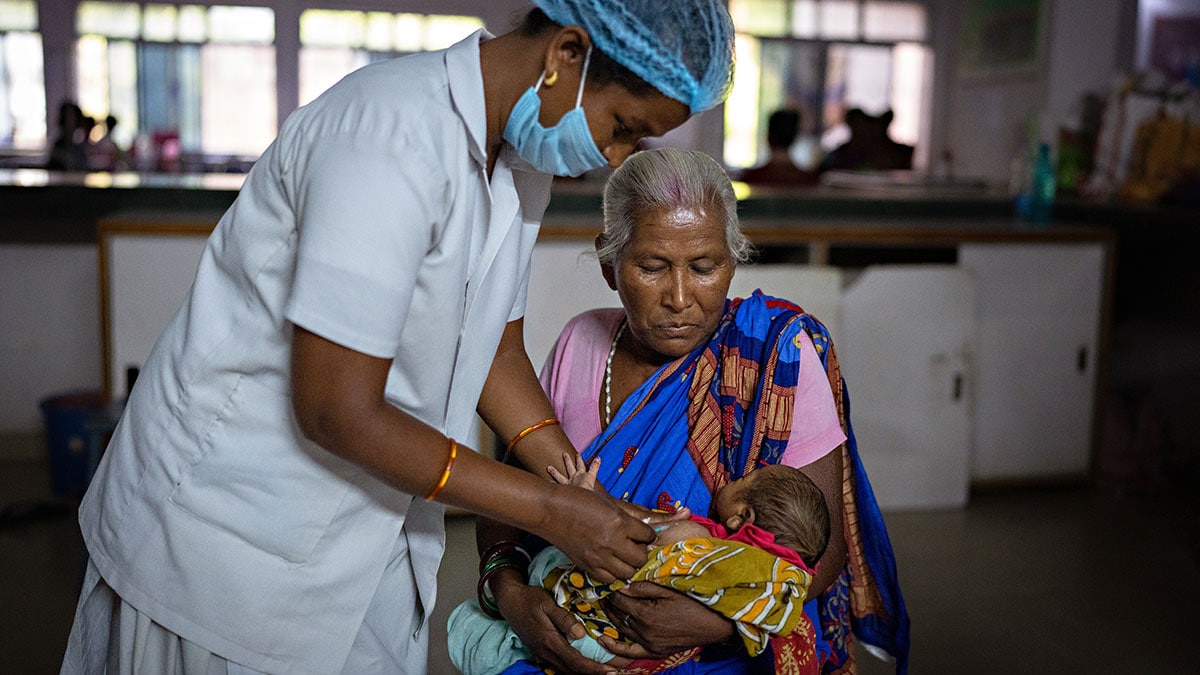Key points
- Hepatitis B is a disease caused by infection with the hepatitis B virus (HBV).
- Chronic infection with HBV (or chronic HBV infection) causes serious liver disease, which can lead to death.
- Most chronic HBV infections result from infections acquired in infancy and early childhood.
- Hepatitis B vaccination can prevent infections.
Vaccination can prevent hepatitis B

The hepatitis B vaccine has been available since the 1980s. The vaccine is safe and highly effective at preventing infection.
At least 3 doses of hepatitis B vaccine are needed to prevent infection with the hepatitis B virus (HBV). The first dose (known as a "birth dose") should be given to babies within 24 hours of birth. After that, children need 2 to 3 additional doses for full protection.1
Terms to know
There are two possible stages of hepatitis B: acute and chronic.
The early stages of infection with hepatitis B virus are considered an acute infection.
If the acute infection is not resolved by the body’s defenses, long-term infection can ensue, and the infection becomes lifelong. This later stage is known as chronic HBV infection.
Impacts
Unvaccinated individuals are at risk of chronic HBV infection.
Chronic HBV infection can cause serious health problems, including:
- Liver damage
- Cirrhosis (scarring of the liver)
- Liver failure
- Liver cancer
- Death
Millions of children are living with chronic HBV infection. This is because not all countries have a hepatitis B birth dose in their vaccination schedules. Furthermore, some countries have low vaccination rates for all 3 required doses.
Economic impacts
Hepatitis B causes significant economic burden on patients and their families. This hardship comes both from direct healthcare costs and indirect costs, such as loss of income due to illness.
Complications from chronic HBV infection occur later in adult years when individuals are working age and contributing most to the economy. Therefore, the indirect costs of hepatitis B affect the economy of their entire community.
Who is at risk?
Anyone who is not vaccinated can get hepatitis B.
Mother-to-child transmission of HBV is the primary source of chronic HBV infections. Nearly all newborns who become infected at birth will develop chronic HBV infections.
Resources
Spotlight
Learn more about hepatitis B and hepatitis B vaccines from WHO.
- World Health Organization. Vaccines for Hepatitis A, B, and E. Accessed February 12, 2024.
